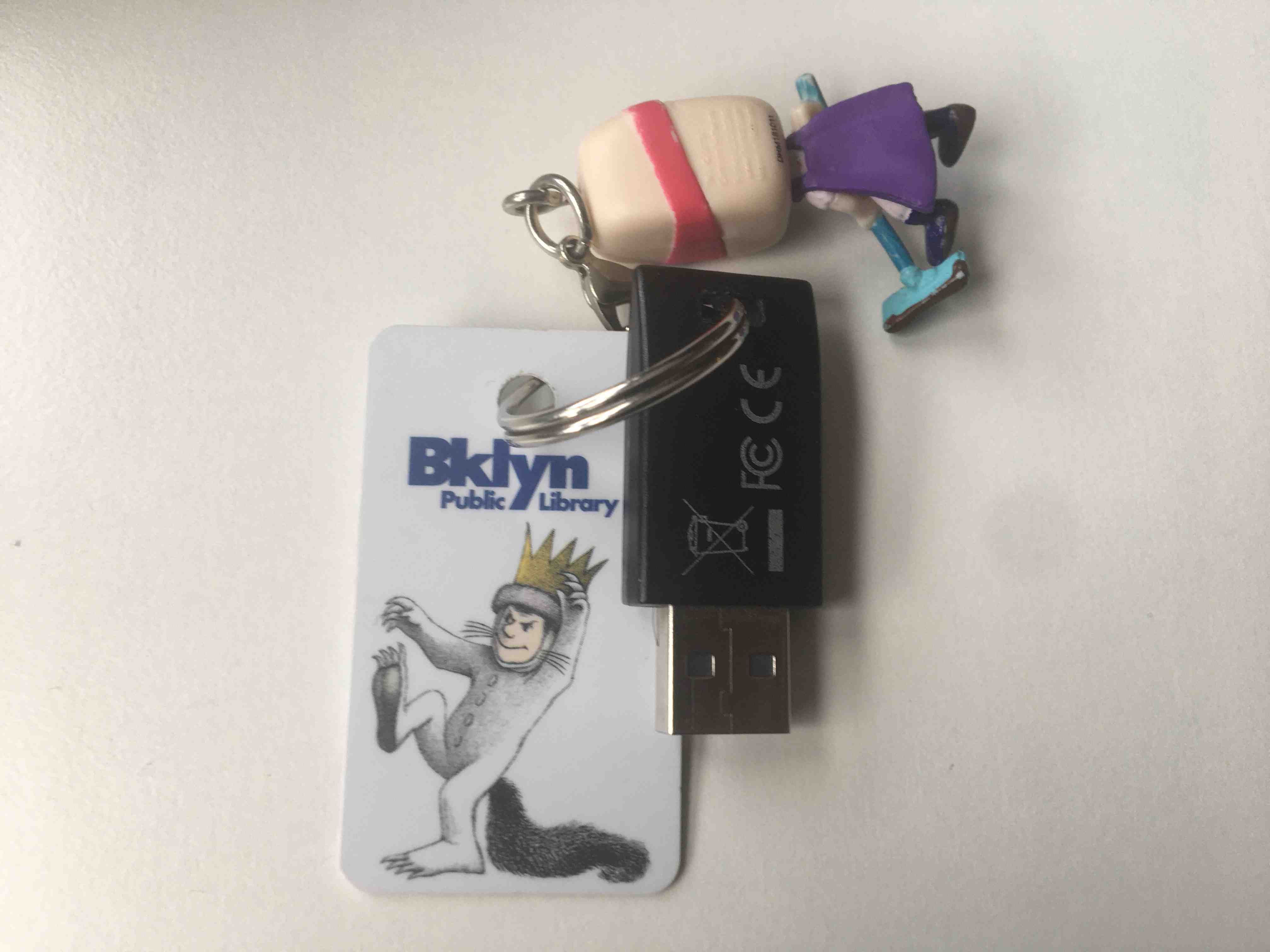One key to rule them all!
“Alternatively, how I use Nitrokeys/GnuK/YubiKeys”
Most popular use for NitroKeys seems to be 2FA FIDO key. But these devices can also behave (emulate technically speaking) as an OpenPGP smartcard to store your gpg keys1.

Why should you use a smartcard?
1. Security
GnuPG keys stored on smartcards only allow very narrow access to how one can use them. Smartcards exposes APIs to perform specific PGP operations like sign, encrypt, verify signature etc and no more; opposed to keys stored on local disk which gives all out access to keys if one has access to disk. Most important access that smartcards deny is the ability to copy them; essentially tieing your key to a physical object that can’t be replicated. As long as you have your key with you, no one else has access to them.
Almost all of the software we run has access to users disk on most operating systems, and we have seen exploits that target keys stored on disk again and again. The keys stored on disk are often encrypted, but stealing that encryption password is just a matter of chaining another exploit.
2. Compossibility
Having a physical root of trust combined with the fact that a lot of software supports GnuPG makes this a really nice composable component in my daily life.
Some work-flows that I use daily:
SSH support
GnuPG has native support for SSH. Your smartcard becomes my ssh key as well and I can roam between my multiple machines without actually having to copy and leave keys around or having to manage multiple keys.
I also use a similar key for github since they use ssh to authenticate as well.
Pass password manager
pass is a password manager following UNIX philosophy. It uses GnuPG keys to encrypt passwords, and by using a key on the smartcard, you can tie the trust to the smartcard.
Pass also opens up a lot more composable behaviors, I use it mostly for the next one –
AWS Vault
aws-vault is a nifty tool to manage AWS credentials. It can transparently issue temporary keys and populate shell environment.
There is possibly more, I have seen people use the same key to unlock their disk encryption at boot :-)
I am not going to cover setting up the card here, since there are a lot of documentation about how to do so, and it varies slightly by the card that one is using. However I’d suggest to not generate keys on the card, since you have zero backups in case you loose the card and also, we have seen it is really hard to generate good keys on small devices.
List of OpenPGP cards
Ones that I know, there are possibly more.
Each manufacturer have some models (usually the cheapest) are exclusivly FIDO keys and thus does not support this feature. NitroKey calls this feature “Email encryption” while Yubikey calls this “open PGP”.↩︎
unlike others Gnuk is a project to provide open firmware that implements smartcard. NitroKey sells a version based on GnuK called NitroKey Start.↩︎